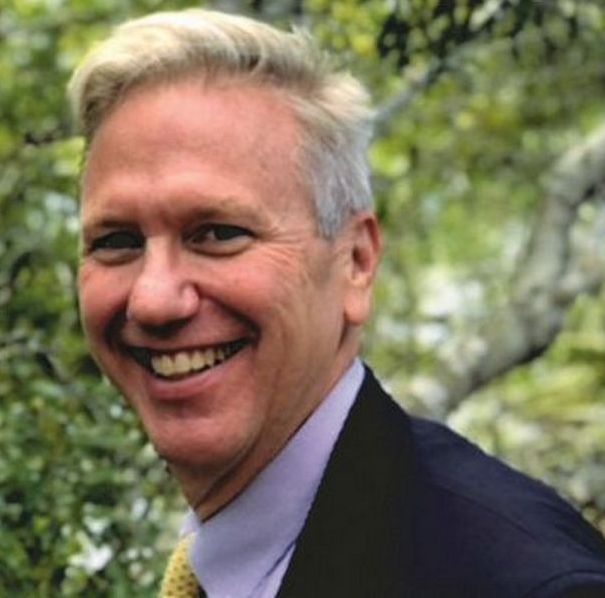By: Maurice Stouse

As we approach the end of the year, many Americans are looking to make or complete their charitable intentions for 2018. While the tax laws have made some changes to charitable giving, investors and savers alike are looking to not only give but to give more smartly. The question is, how do you do it?
Giving can come in the form of the three Ts: Time, talent and treasure. This article talks about your treasure. In its white paper on charitable giving, Raymond James points out a lot of ideas, and suggestions on how you can become a smarter giver of your treasure. It starts with who is giving.
So how and why are people giving? According to the article, people want to make a difference, want to be philanthropic, create a legacy or just feel like they have a moral duty. And the financial incentives are lowering taxes, management their wealth and of course estate planning. Giving can be as straight forward as cash or check. This can become cumbersome however if you have several causes or organizations you want to support. One method, which has growth significantly in popularity over the past thirty years, is the Donor Advised Fund or DAF. Raymond James says it is the “new face of giving” and is the fastest growing charitable giving vehicle in the United States. They are public charities and qualify under the IRS in section 501(c)3. Here is how they work: When giving cash or securities (stocks, or bonds) you may receive a deduction depending upon your income tax situation. The DAF invests your contributions in any one or more of its funds for growth, income or preservation of capital. As they are donor advised you can direct to which charity and when you would like a contribution to be made. You do not have to make all of the distributions in the same year. The fund can accumulate and grow for years to come. Giving is more simple, one contribution to one source, whenever you would like. From there you make contributions when and to which qualified organization you would like. To learn more, request a copy of the Raymond James paper “Giving Wisely” or call or visit with your advisor today.
Have a question you would like to see answered in future South Walton Life articles? Please send those to Dave@southwalton.life.
Maurice Stouse is a Financial Advisor with First Florida Wealth Group and Raymond James and he resides in Grayton Beach. He has been in financial services for over 30 years. His main office is located at First Florida Bank, 2000 98 Palms Blvd, Destin, FL 32451. Branch offices in Niceville, Mary Esther, Miramar Beach, Freeport and Panama City. Phone 850.654.8124. Raymond James advisors do not offer tax advice. Please see your tax professionals. Email: Maurice.stouse@raymondjames.com.
Securities offered through Raymond James Financial Services, Inc. Member FINRA/SIPC, and are not insured by bank insurance, the FDIC or any other government agency, are not deposits or obligations of the bank, are not guaranteed by the bank, and are subject to risks, including the possible loss of principal. Investment Advisory Services are offered through Raymond James Financial Services Advisors, Inc. First Florida Wealth Group and First Florida Bank are not registered broker/dealers and are independent of Raymond James Financial Services.
Views expressed are the current opinion of the author and are subject to change without notice. Information provided is general in nature, and is not a complete statement of all information necessary for making an investment decision, and is not a recommendation or a solicitation to buy or sell any security. Past performance is not indicative of future results. There is no assurance these trends will continue or that forecasts will occur. Investing always involves risks and you may incur a profit or a loss. No investment strategy can guarantee success.
The S&P 500 is an unmanaged index of 500 widely held stocks. Keep in mind that indexes are unmanaged and individuals cannot invest directly in the index. Index performance does not include transaction costs and other fees, which will affect the actual investment performance. Individual investor results will vary.
Holding stocks for the long term does not insure a profitable outcome. Commodities and currencies investing are generally considered speculative because of the significant potential
for investment loss. Their markets are likely to be volatile and there may be sharp price fluctuations even during periods when prices overall are rising. Gold is subject to the special risks associated with investing in precious metals, including but not limited to:price may be subject to wide fluctuation; the market is relatively limited; the sources are concentrated incountries that have the potential for instability; and the market is unregulated.
The post Becoming a Smarter Giver appeared first on South Walton Life | 30A News, Events and Community Information.

Be the first to comment on "Becoming a Smarter Giver"